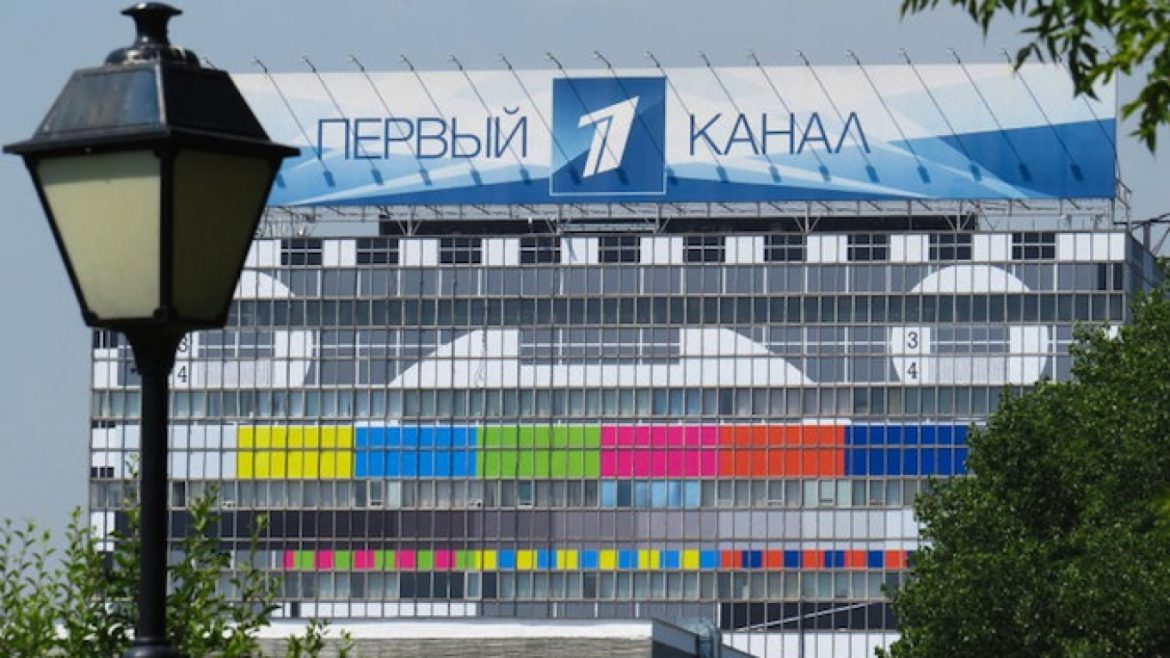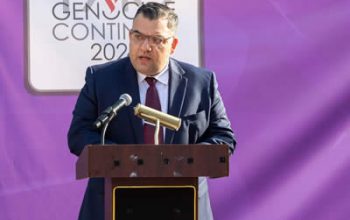The Armenian government threatened on Wednesday to block broadcasts of another Russian state television program following a weekend report on Russia-1 that criticized Prime Minister Nikol Pashinyan’s policies.
The Armenian Foreign Ministry summoned Russia’s ambassador to Yerevan, Sergei Kopyrkin, to deliver a formal protest regarding the report aired during the weekly news program hosted by Dmitry Kiselyov, a prominent Russian media figure close to the Kremlin.
In its statement, the ministry accused the report of promoting “artificially generated narratives against the sovereignty and territorial integrity of the Republic of Armenia” but did not provide further details.
Kiselyov declined to comment on Armenia’s reaction, telling News.ru, “I don’t understand which specific statement upset our Armenian brothers.”
The report reportedly touched on sensitive topics such as Armenia’s conflict with Azerbaijan, the Pashinyan administration’s stance on Armenian-Azerbaijani transport links, and the government’s decision to seek European Union membership.
This incident follows the Armenian government’s March 2024 decision to ban the retransmission of a political talk show on Russia-1 hosted by pro-Kremlin commentator Vladimir Solovyov, citing his repeated criticism of Pashinyan. Officials argued that Solovyov and his guests violated a 2020 Russian-Armenian agreement allowing certain Russian state channels to broadcast in Armenia.
Mkhitar Hayrapetian, Armenia’s Minister of High-Technology Industry, suggested that Kiselyov’s program might face similar restrictions. “As with the previous program, the broadcast of Kiselyov’s show may be blocked in our country,” Hayrapetian told reporters. He added that his ministry had asked the National Commission on Television and Radio to review the matter and potentially recommend a ban.
This is not the first time tensions have flared over Russian media coverage. In October 2023, Armenia summoned Kopyrkin to protest a Channel One program critical of Pashinyan. The Russian Foreign Ministry responded by summoning Armenia’s charge d’affaires in Moscow, accusing the Armenian government of spreading anti-Russian propaganda through state-controlled media.
Armenian Public Television, frequently used as a platform by Pashinyan’s allies, often features politicians and analysts critical of Moscow. Their regular appearances in prime-time programs reflect the strained relations between Armenia and Russia in recent years.




